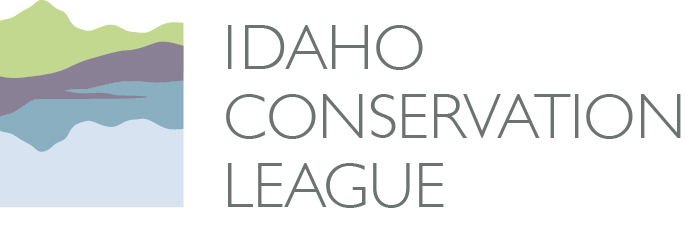For Immediate Release: Feb. 12, 2019
Contacts:
Matt Nykiel, Idaho Conservation League, 208.265.9565
Chantilly Higbee, Lake Pend Oreille Waterkeeper, 208.597.7188
Sandy Compton, Montana Resident, 208.290.1281
SANDPOINT – Local conservationists are asking the U.S. Coast Guard to do a better job of identifying and mitigating the risks that will come along with building a new railroad bridge across Lake Pend Oreille. In particular, they are concerned about the risk of a train derailing and spilling crude oil and other flammable, hazardous cargo.
The Coast Guard released the first draft of a report that seeks to identify the costs, benefits and risks of BNSF Railway’s proposal to install two construction bridges and three permanent rail bridges, one of which would stretch across Lake Pend Oreille, near Sandpoint, Idaho. The public comment period associated with the report is likely one of the last opportunities for people to weigh in.
"We all agree that transporting goods by rail is an important part of Idaho’s economy," said Matt Nykiel, conservation associate with the Idaho Conservation League. "At the same time, local folks deserve a comprehensive analysis of all the risks of transporting crude oil and other dangerous substances by rail and an honest discussion about what BNSF and the state need to do to protect our families and businesses."
What’s Coming Down the Track?
According to state and railroad officials, approximately 24 unit trains carry crude oil through Sandpoint per week. Officials also project that Idaho’s rail traffic could increase by 143 percent by 2040.
"BNSF is proposing three- to five-years of construction for this project," said Chantilly Higbee, the Lake Pend Oreille waterkeeper. "The construction alone would be a significant burden on our community, so we believe the highest standard of environmental review should be performed. We would get this through an Environmental Impact Statement (EIS). The Coast Guard’s draft Environmental Assessment (EA) isn’t sufficient for a project of this magnitude."
Montana resident, Sandy Compton, lives downstream from the site of the most recent train derailment in this area, which spilled coal into the Clark Fork River in 2017. "If that train had been carrying lumber or grain, which used to make up a great deal of loads on that line, that would be one thing," said Compton. "But flammables like coal and oil? It took the coal combusting on the riverbank, during wildfire season, to motivate a legitimate response from rail officials. An uncontained oil spill would be a disaster for hundreds of miles downstream."
Get Involved!
The Coast Guard is accepting public comment on its draft environmental assessment through March 25, 2019. Two public hearings are scheduled for March 13, 2019 – one at 8 a.m. and one at 6 p.m.- where the Coast Guard will take comments on its environmental review of the proposed rail bridges. Both hearings will take place at the Ponderay Events Center, 401 Bonner Mall Way, Ponderay, Idaho.
"We support transporting goods by rail," stated Chantilly Higbee, the Lake Pend Oreille waterkeeper. "We also want a complete EIS that identifies all risks to human, economic and environmental health, so that we can mitigate or eliminate those risks to best protect our community and our lake."

